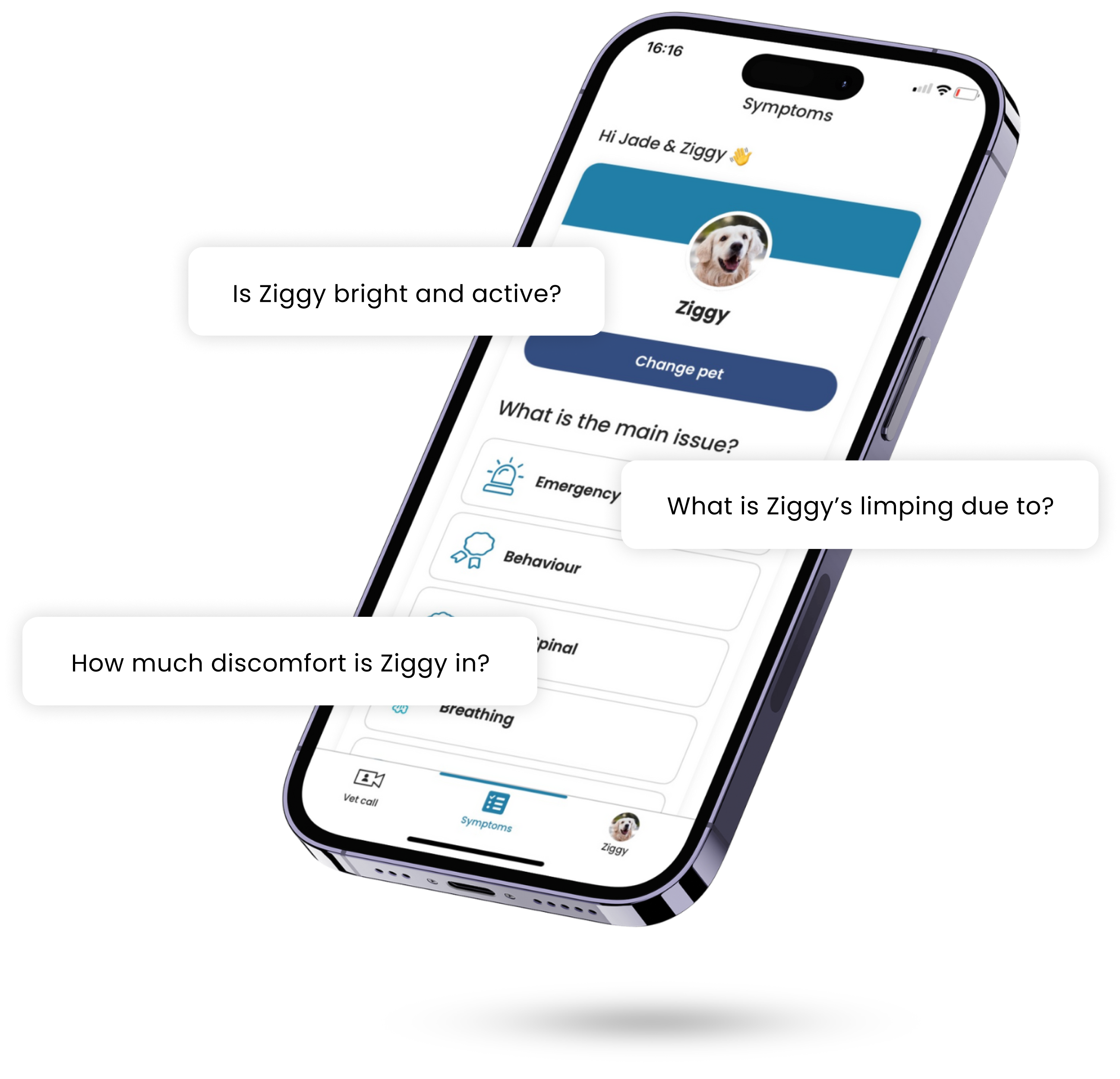An oral abscess is an enclosed collection of pus in the mouth, usually resulting from bacterial infection. An oral abscess may be difficult to see above the surface, but the affected area will be inflamed and painful. There are multiple causes of oral abscesses. These vary in severity. But in all cases, the abscess is likely to result in difficulty eating. Talk to a vet if you think there may be a problem with your dog’s mouth.
Causes
Tooth root abscess: Dental (tooth) decay, chipped, split or broken teeth, severe periodontal disease.
A penetrating foreign body: Twigs, sticks, glass shards, tin cans, sharp bones
An oral growth: may be benign or malignant
Risk
Older dogs: Tooth decay, poorer general health, weaker immune system.
Puppies: Love to explore with their mouths- chewing anything.
Dogs who chase or chew sticks: Splinters, stick injuries to the mouth and throat.
Dogs fed raw or cooked bones.
Dogs with oral growths or tumours.
Symptoms
If the abscess is below the surface of the gum, you may not be able to see anything on the surface.
Drooling saliva.
Facial swelling.
Difficulty eating: Dropping food, refusing to eat, eating on one side.
Changes in behaviour: Becoming irritable, head-shy.
Halitosis: smelly breath.
Diagnosis
Vets diagnose oral abscesses based on your dog’s symptoms, a thorough physical exam and further tests.
X-rays.
CT scan for complex cases - foreign bodies, cancer.
Treatment
Prescription medicine: Antibiotics to settle infection; Anti-inflammatory pain relief.
An operation to remove a diseased or damaged tooth.
Checking for and removing a foreign body, if suspected, in the gum, tongue or cheek.
Additional treatment for underlying cause(s), where possible: chemotherapy, cancer surgery.
What to expect
Symptoms improve rapidly once your dog starts a course of antibiotics (to counter the infection) and anti-inflammatories (to reduce inflammation and swelling). However, these symptoms will come back unless the underlying cause (a diseased tooth or foreign body) can be removed.
Prevention
It’s impossible to remove all risk of an oral abscess. However, the risk can be minimised by addressing preventable causes.
Keep your dog’s mouth as clean and healthy as possible, with daily brushing and a complete balanced diet or dental health prescription diet.
Discourage your dog from chewing sticks and don’t throw sticks for your dog to catch or chase on walks.
Give puppies non-destructible toys to chew!

















